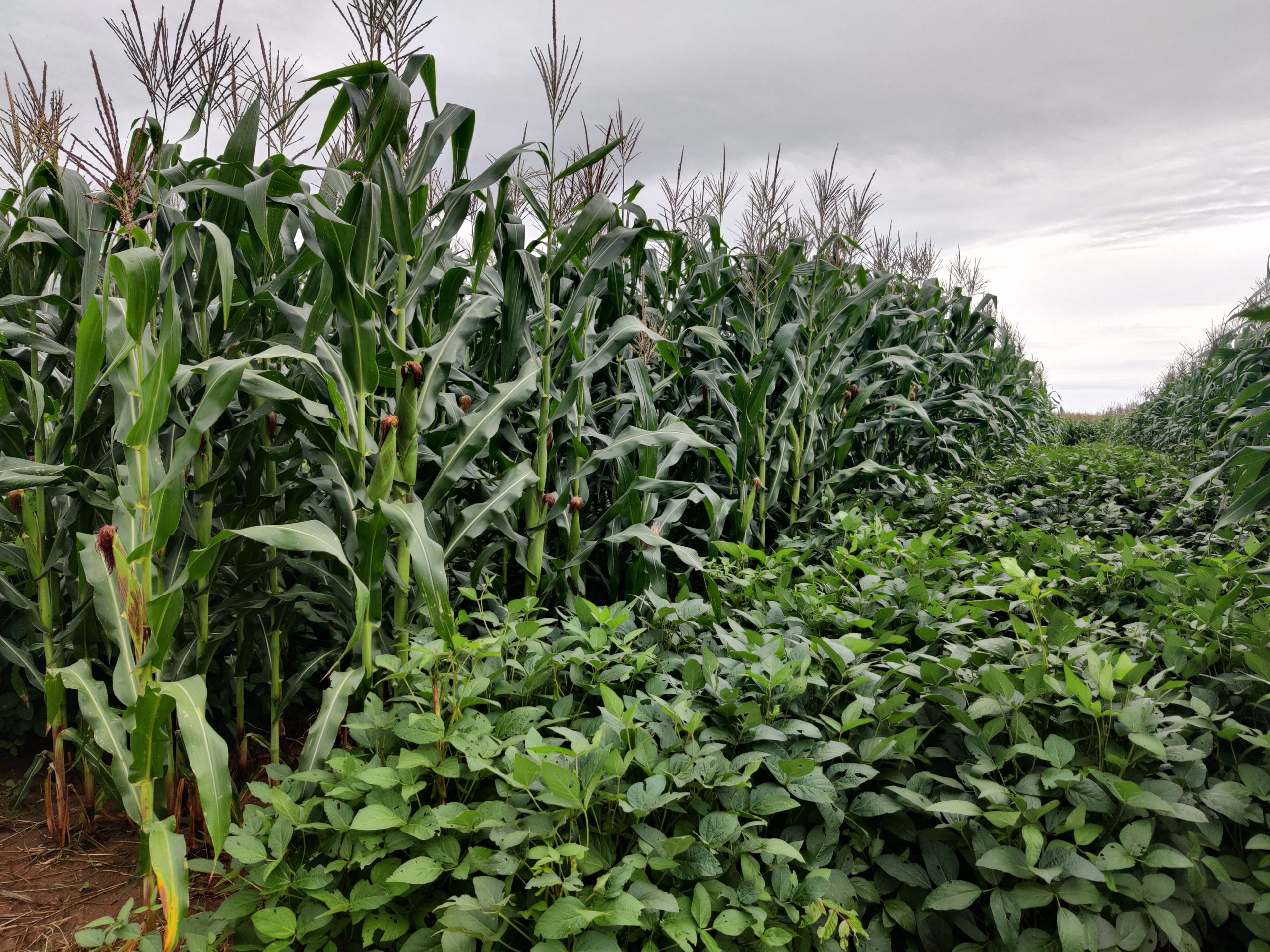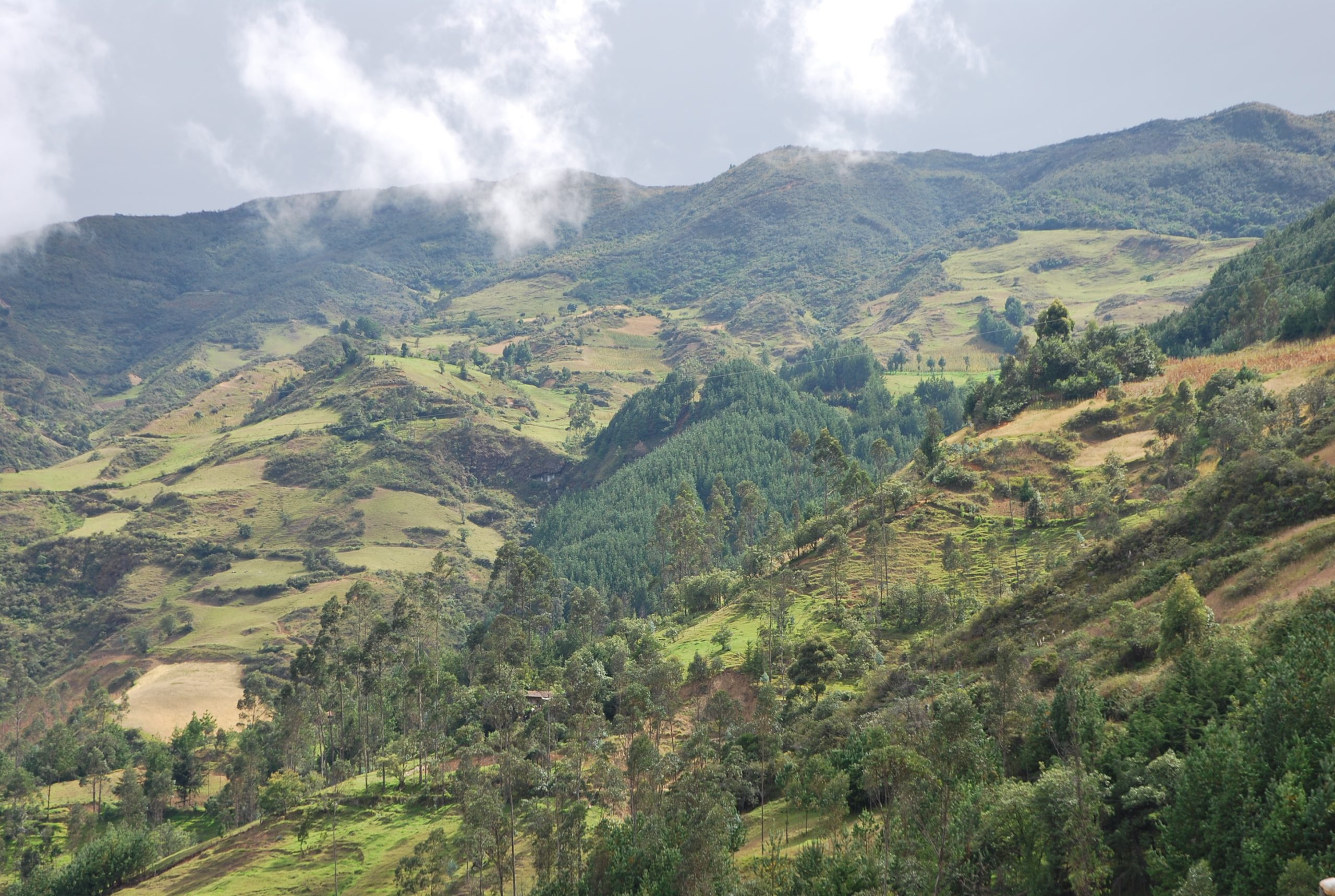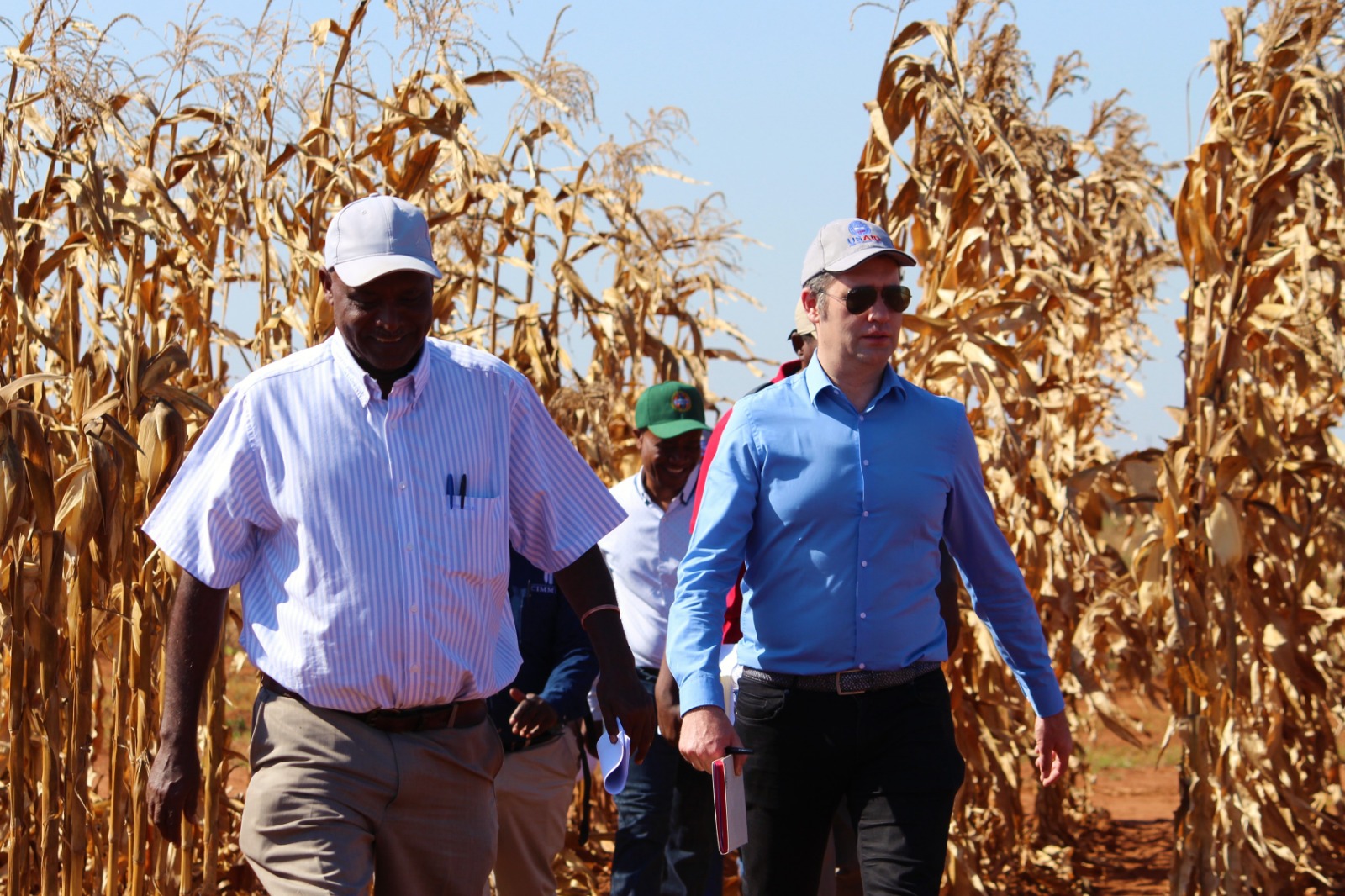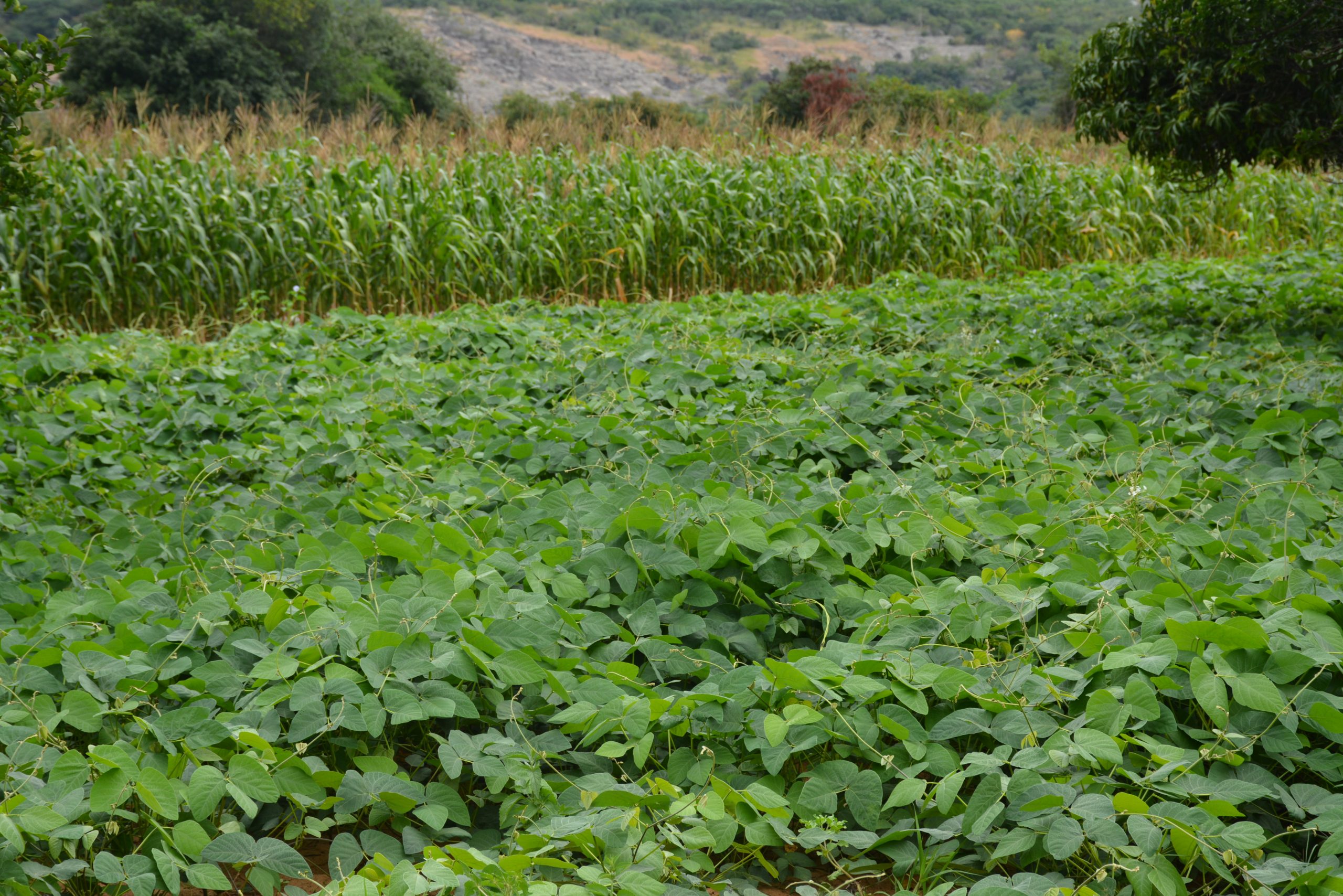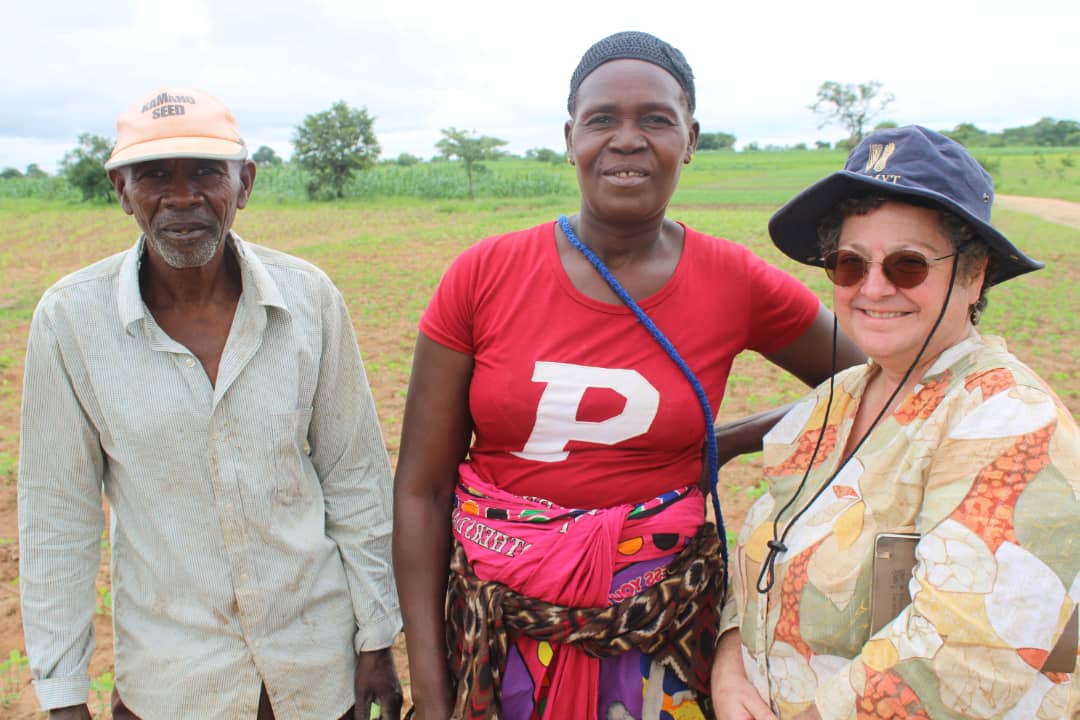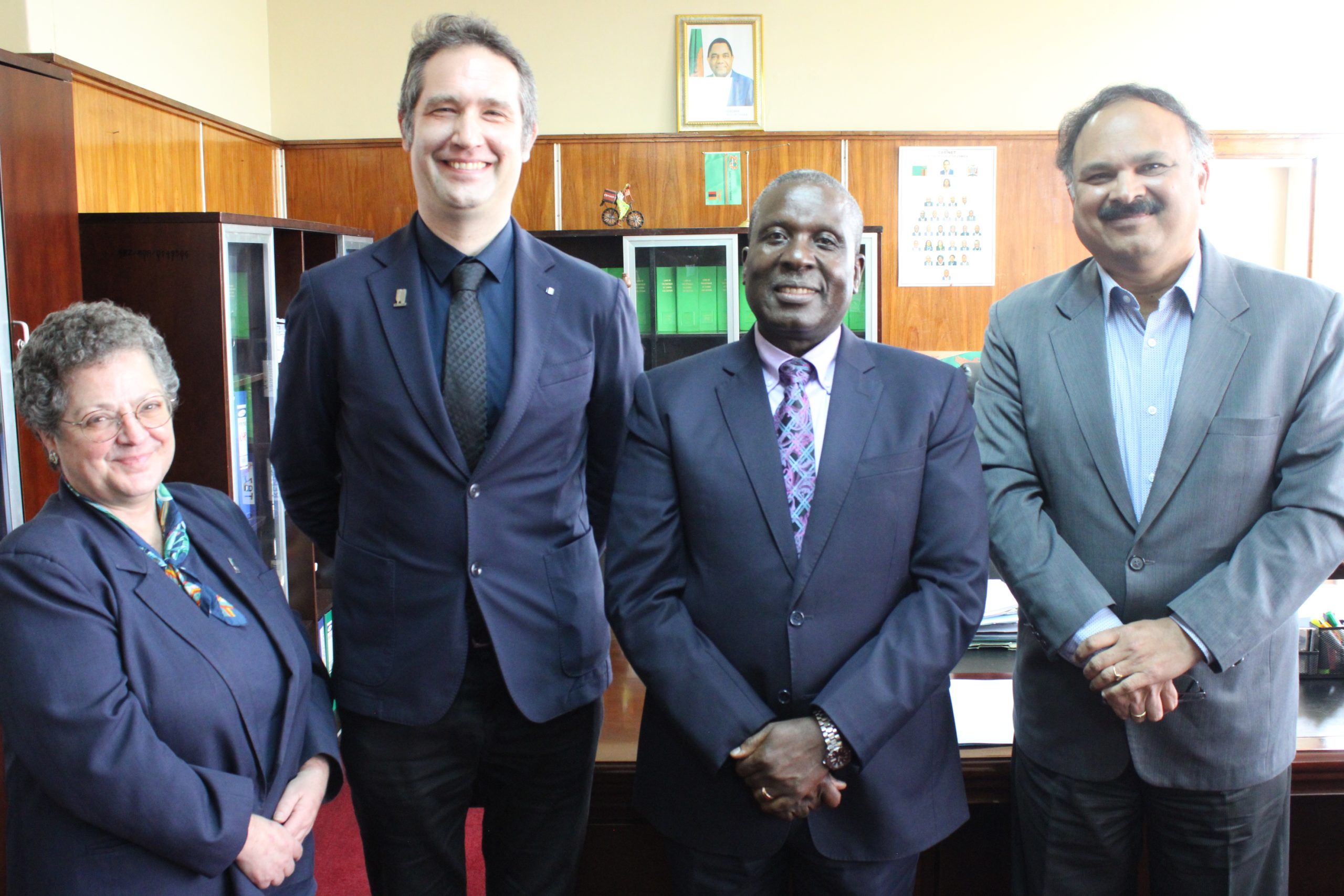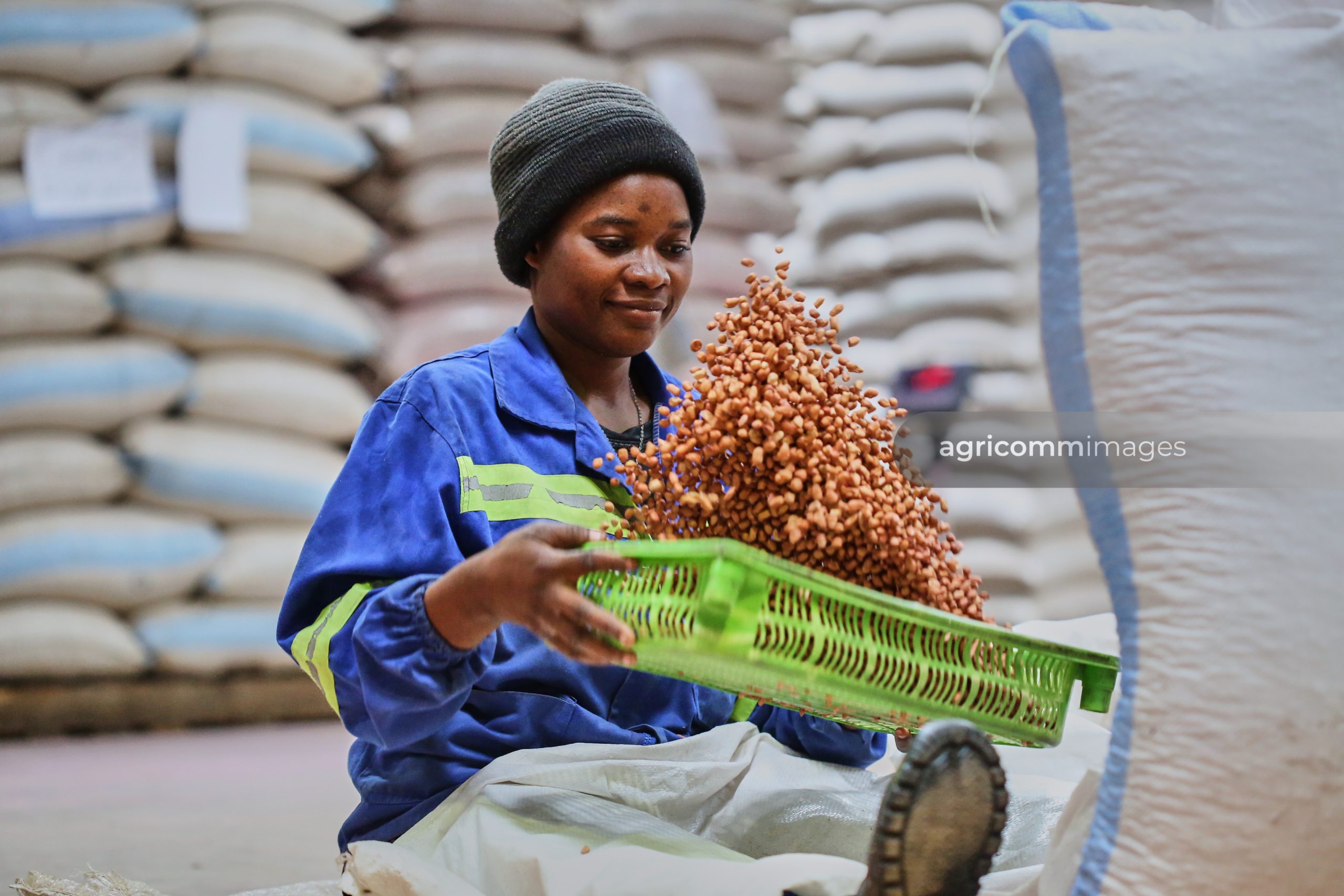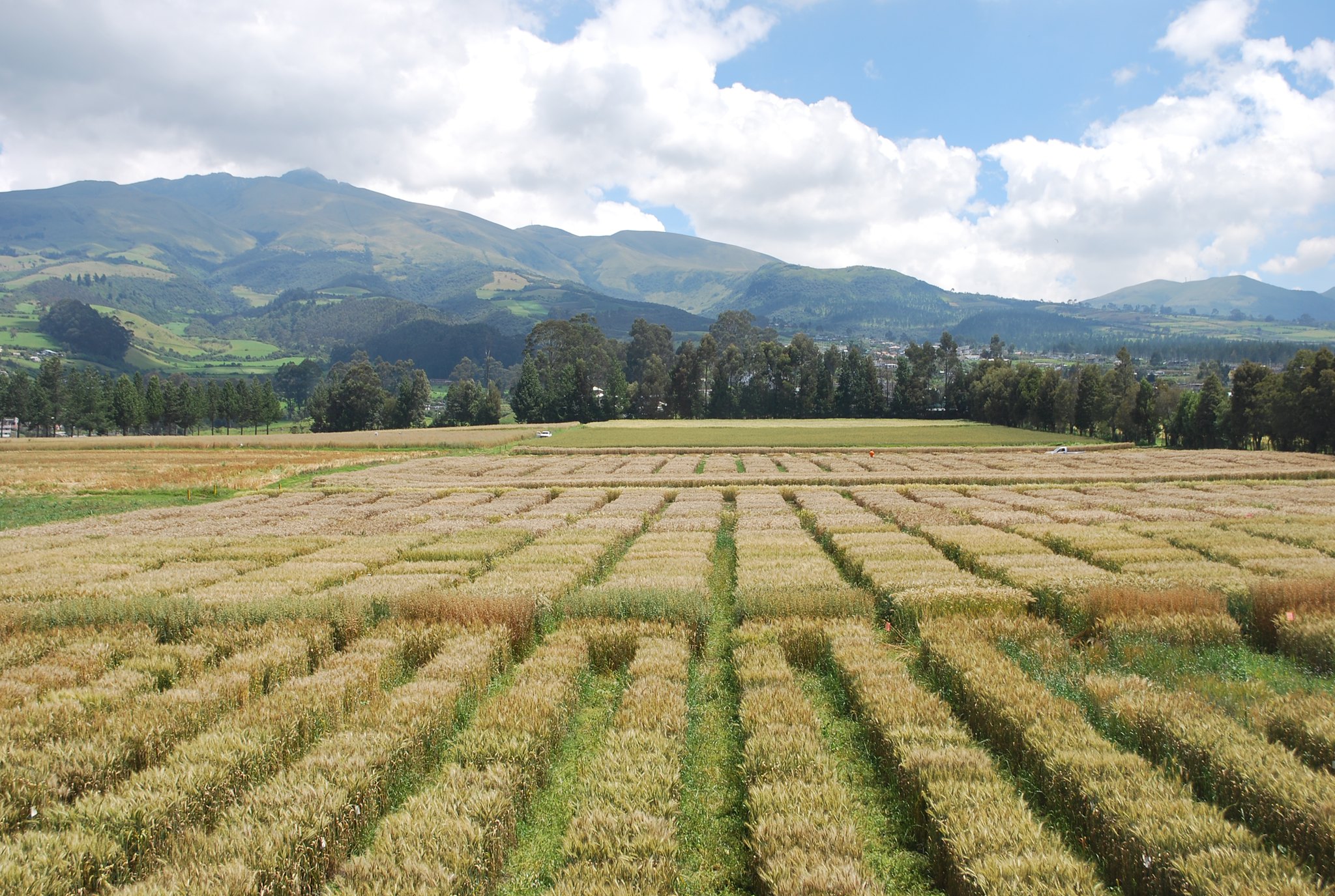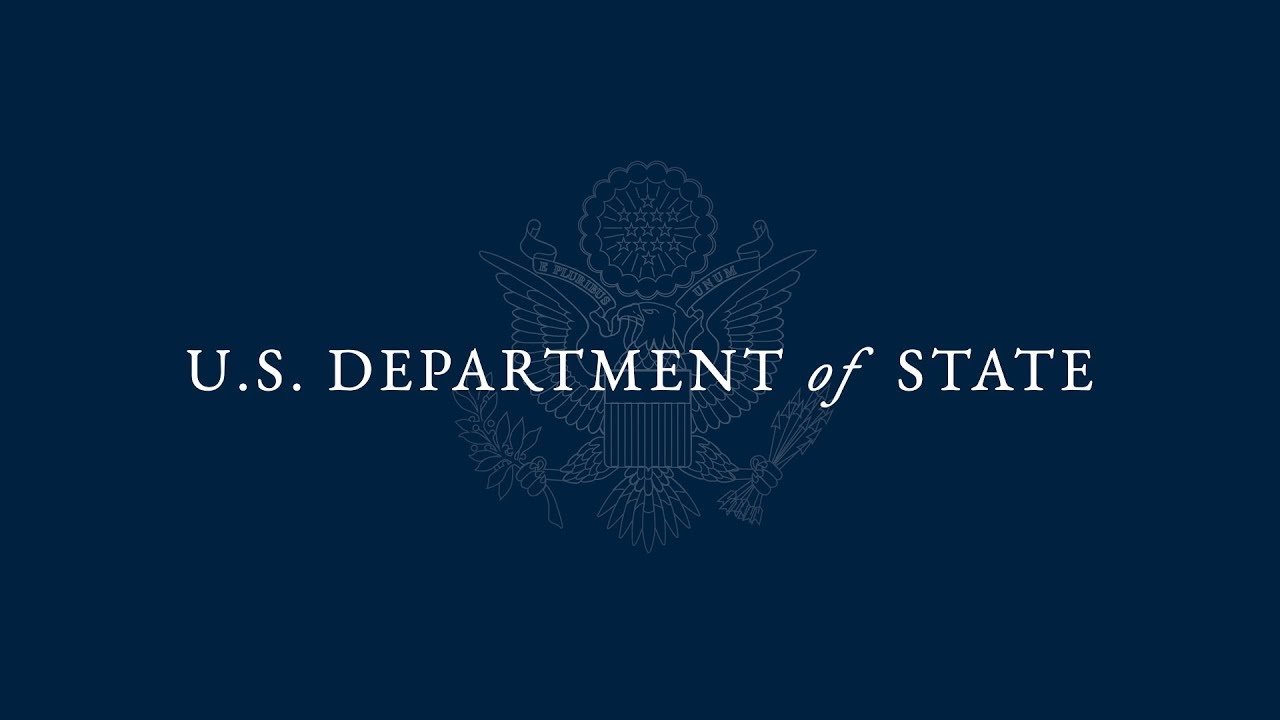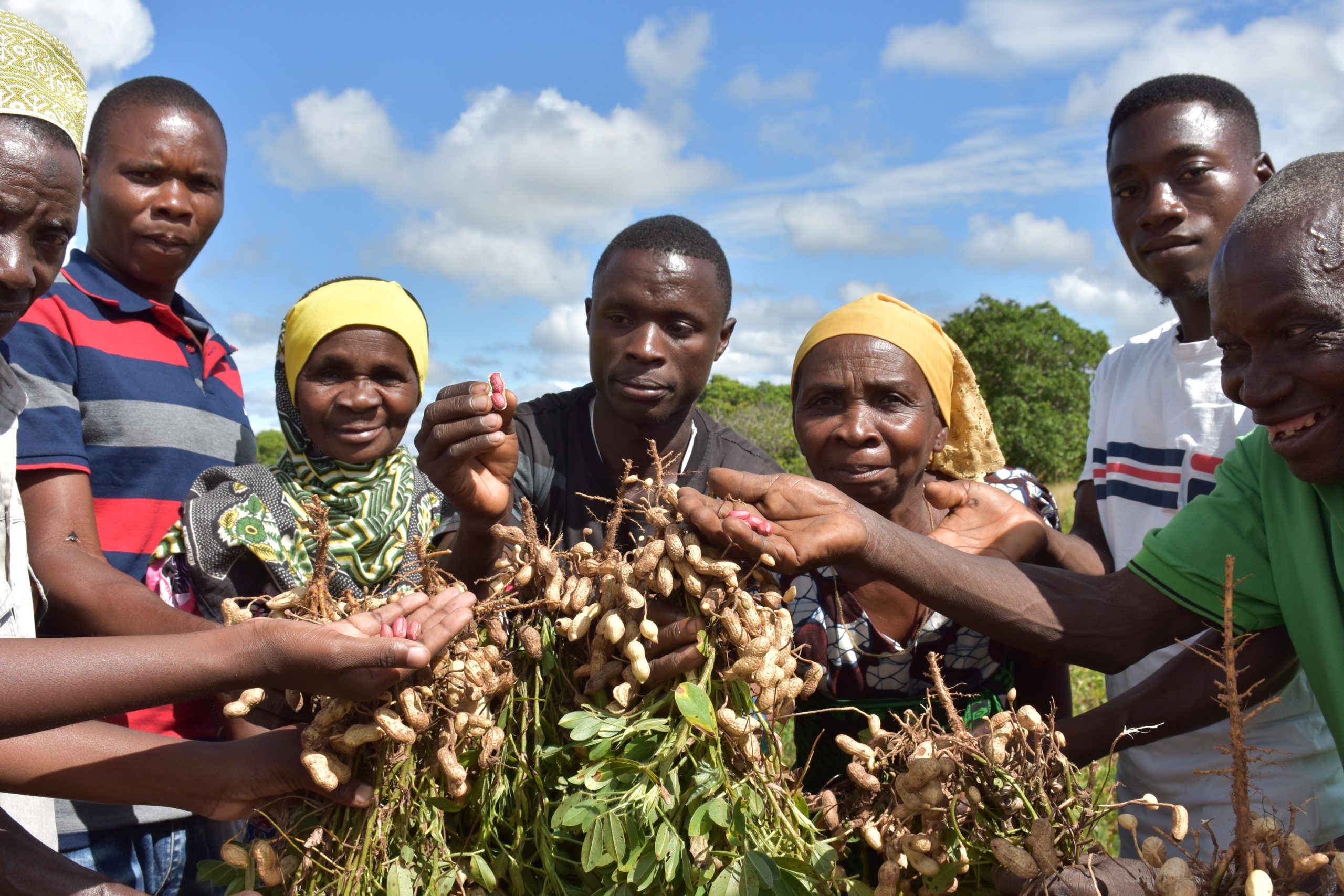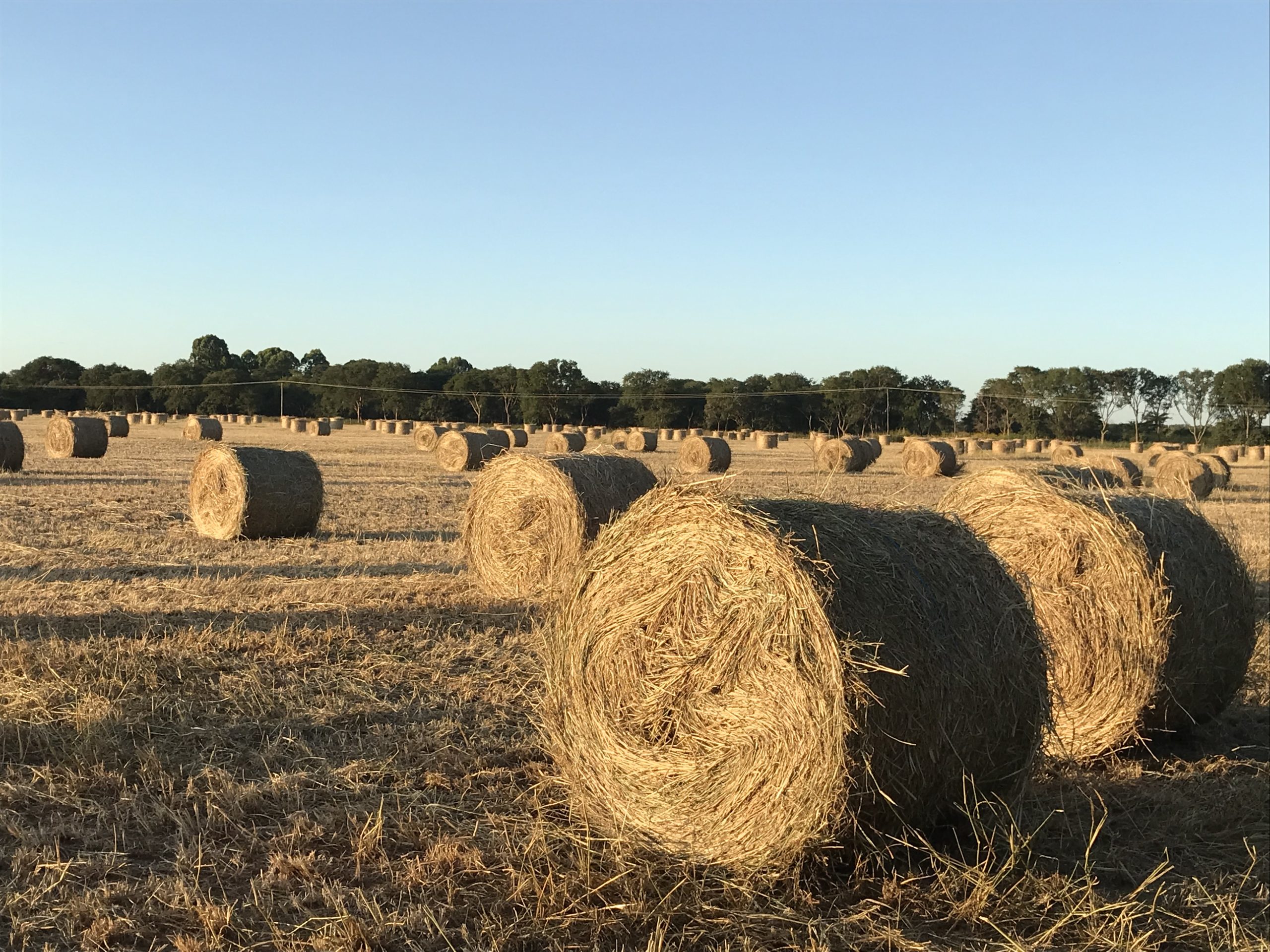Zambia
Sustainable Intensification of Smallholder Farming Systems in Zambia (SIFAZ)
 Climate adaptation and mitigation
Climate adaptation and mitigation
CIMMYT Director General reaffirms commitment to Zambia
Visit to Southern Africa AID-I Rapid Delivery Hub partners and intervention sites highlights strong partnerships bringing sustainable innovations to Zambia.
Accelerating delivery of stress-tolerant, nutritious seed in Eastern and Southern Africa
 Nutrition, health and food security
Nutrition, health and food security
CIMMYT and partners are working to accelerate the delivery of stress-tolerant and nutritious seeds to boost smallholder farmer resilience to drought and pests in Malawi, Tanzania, and Zambia.
Increasing smallholder inclusion in markets boosts rural livelihoods
New initiative links smallholder farmers in Zambia with a market opportunity in oil seed production, driving uptake of modern varieties and sustainable, intensified agricultural practices.
Government of Zambia and CIMMYT strengthen ties in agricultural development
 Climate adaptation and mitigation
Climate adaptation and mitigation
Zambia Minister of Agriculture host CIMMYT Director General for deliberations on the country’s strategic road map.
A seed systems success story
 Environmental health and biodiversity
Environmental health and biodiversity
Drought-tolerant maize seed thrives in Zambia through partnerships with the private sector.
Digital Press Briefing with U.S. Special Envoy for Global Food Security Dr. Cary Fowler, and USAID Global Food Crisis Coordinator Dina Esposito
 Nutrition, health and food security
Nutrition, health and food security
Source: U.S. Department of State (19 Jan 2023)
Cary Fowler and Dina Esposito highlight CIMMYT’s work in southern Africa to address food insecurity.
Groundnut ESA crop improvement network sets regional and country level priorities
 Capacity development
Capacity development
Significant discoveries have been made for the potential improvement of production of groundnut in sub-Saharan Africa.
Opening the door to commercial fodder production
 Climate adaptation and mitigation
Climate adaptation and mitigation
CIMMYT is partnering with GIZ in Zambia to clear hurdles for smallholder farmers to produce fodder at a commercial level.

